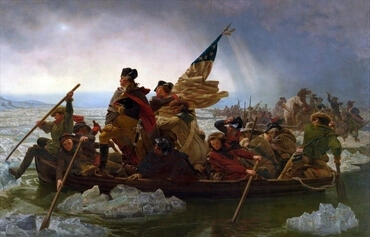31
At gagawa ka ng isang kandelerong taganas na ginto: yari sa pamukpok gagawin mo ang kandelero, ang tuntungan niyaon, at ang haligi niyaon; ang mga kopa niyaon, ang mga globito niyaon at ang mga bulaklak niyaon ay mga kaputol:
31
At gagawa ka ng isang kandelerong taganas na ginto: yari sa pamukpok gagawin mo ang kandelero, ang tuntungan niyaon, at ang haligi niyaon; ang mga kopa niyaon, ang mga globito niyaon at ang mga bulaklak niyaon ay mga kaputol:
9477. 'For the ephod and for the breastplate' means which should be for a covering for celestial realities, external and internal. This is clear from the meaning of 'the ephod' as that which covers celestial good. For Aaron as a high priest represented the Lord in respect of the good of love, and his garments, especially his ephod, represented the truth of faith that springs from the good of love. The good of love is a celestial reality, and the truth of faith is its covering, since truths cover forms of good. This is why truths are meant in the Word by garments or clothes, 4545, 5248, 5319, 5954, 9093, 9212. For in heaven the celestial realities that belong to the good of love are represented as being naked, for which reason those belonging to the Lord's celestial kingdom appear naked, whereas those belonging to the spiritual kingdom, namely those who have been brought by the Lord by means of the truths of faith to the good of charity, appear wearing clothes. This kingdom lies below the celestial kingdom, and what lies below is the covering for what is higher; for the lower is more external, the higher more internal, 2148, 3084, 4599, 5146, 8325. From this it is evident what 'the ephod' means when Aaron represents the Lord in respect of the Divine Celestial; for priests represented the Lord in respect of Divine Good, and kings in respect of Divine Truth, see 6148. But it should be recognized that 'the ephod' was the sign of the covering for external celestial realities, and 'the breastplate' the covering for internal celestial realities. But more will be stated later on about these, where the ephod and the breastplate, which had the Urim and Thummim in it, are the subject.

To command is to give an order that something must be done, and is directed to an individual, or a group. It is an imperative, not a suggestion. Commanding can be done in two ways, or from two differing motives. It often comes in an organization, where it is used to impose an order that is necessary to do the organization's work, such as a business, or government or an army, and can be legitimate, or is used in a family by parents to maintain an orderly home. But it can also be used by a person who loves power and having gotten it in some way, loves to impose his or her will on others for selfish gratification. So one motive is love of a use, or of good, and the other is for the love of self, or possessions. The Lord, from His infinite love, has given mankind commandments because He is order itself, and knows that our happiness to eternity depends on our acceptance of His order of creation, which ultimately is the only order that exists.